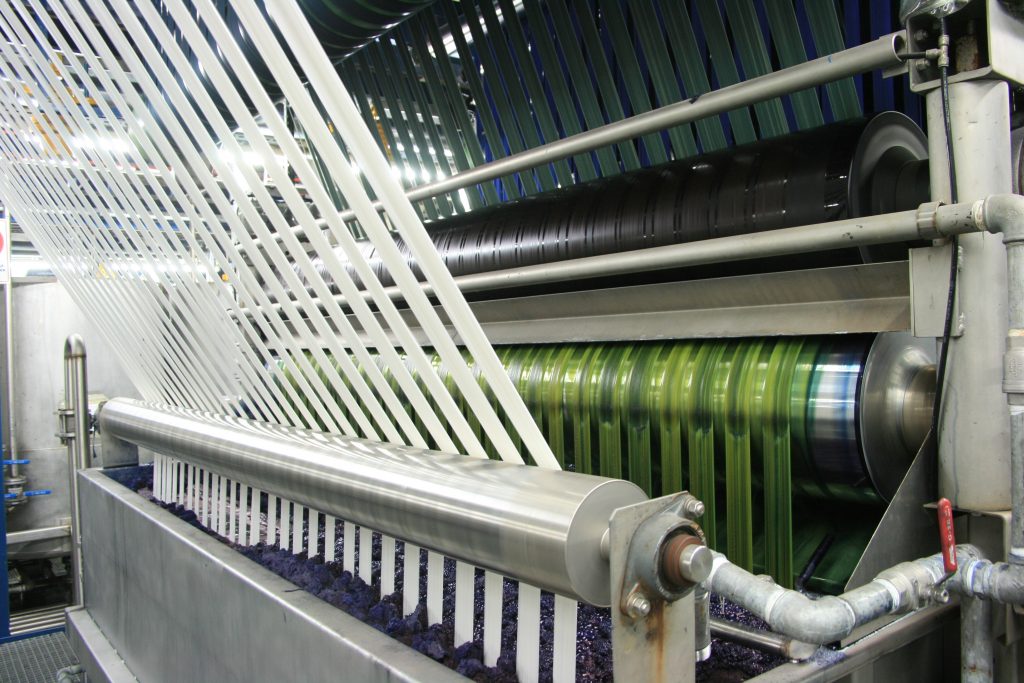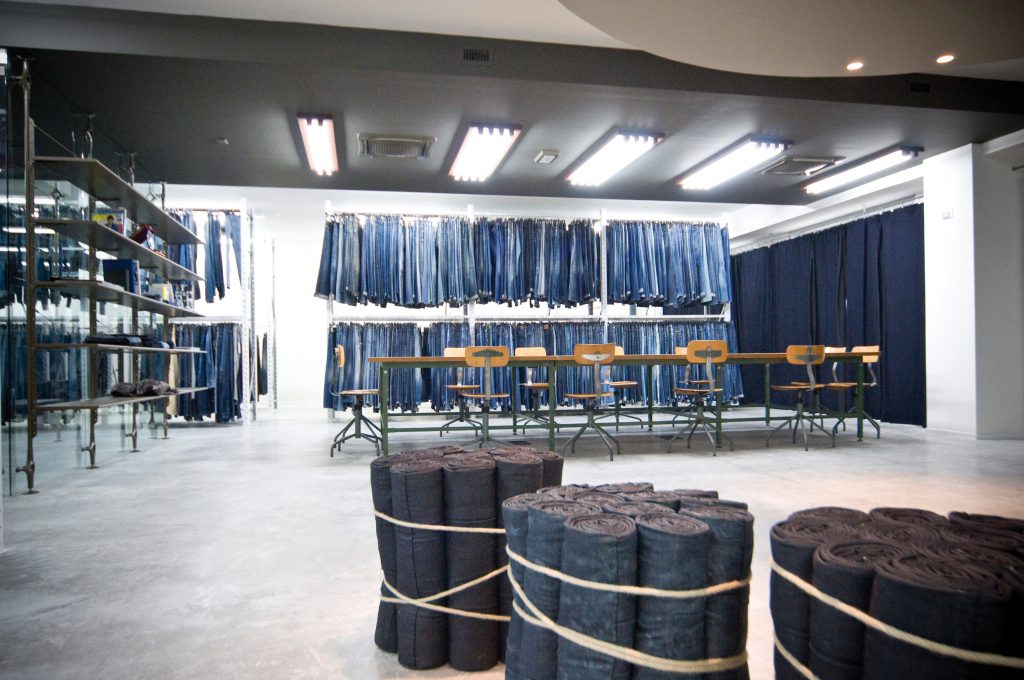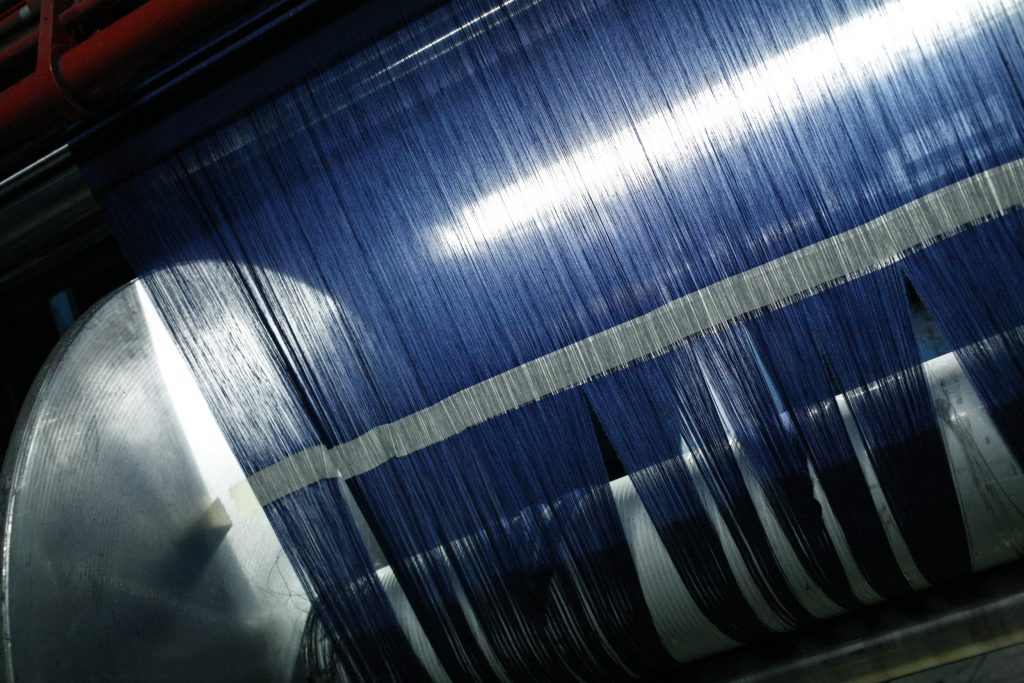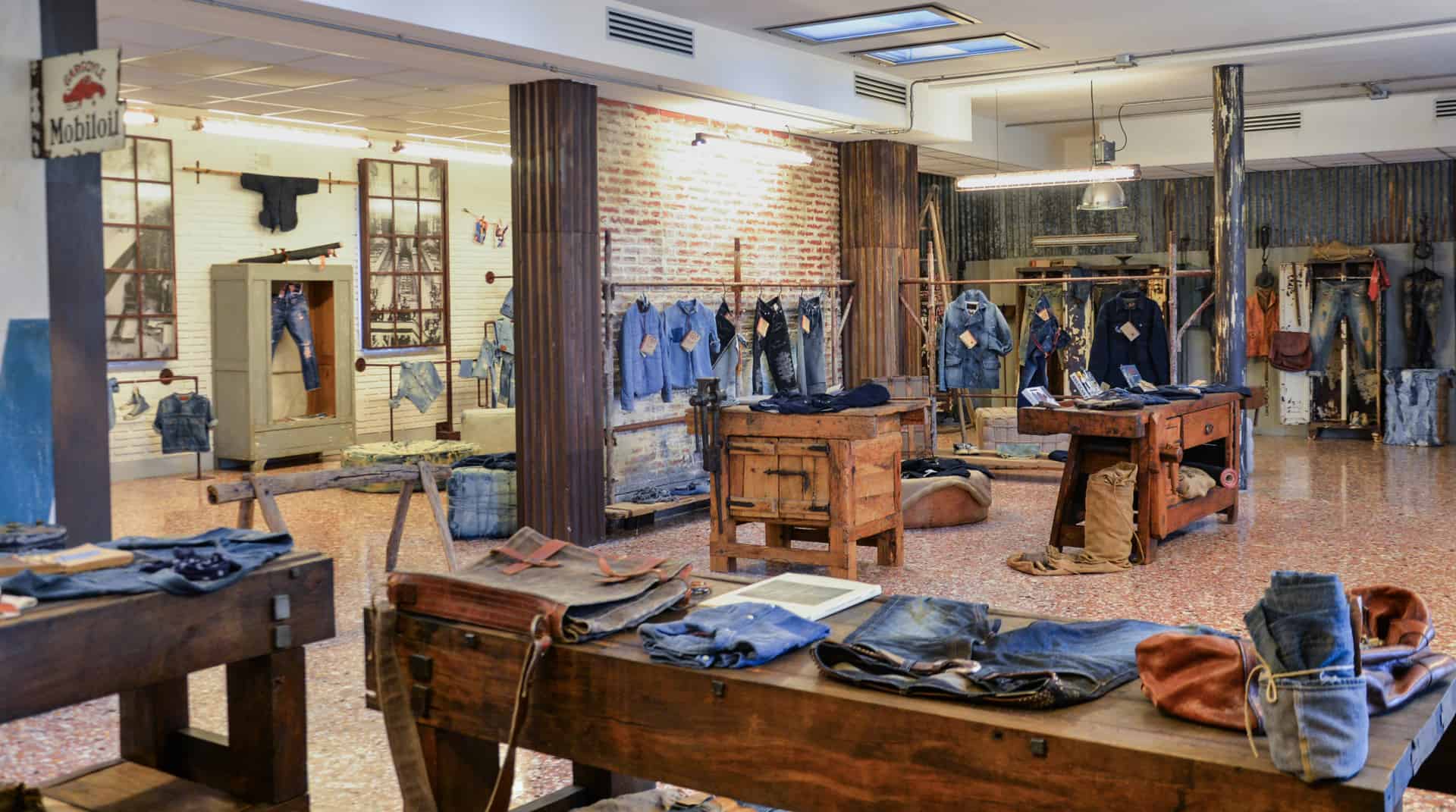SPONSORED: ISKO IS DEFINING NEW DENIM FRONTIERS THROUGH RESPONSIBLE INNOVATION

Creativity, competence, and citizenship: these are the three pillars ISKO’s Responsible Innovation approach rests upon – a vision that, since the very beginning, has been a pioneer of denim technology in the fashion industry. The company prides itself on its global presence, with offices in 35 countries, and a production capacity of 300 million meters of fabric per year with 2,000 high-tech automated looms.
This full-power denim force avails itself with a complete in-house network of excellence. It includes creative services, mentors, trend researchers, fabric engineers, laundry experts, and designers. Pushing the endless possibilities of denim, ISKO’s R&Dworks on the development of new responsible, advanced concepts in synergy with a Product Development Unit of Specialists, a Technology Development Unit of physics, chemistry, biology, nanotechnology specialists, and an advanced testing laboratory. The company relies also on two exclusive divisions, each paying attention to different aspects of the technical and creative process. While Iskoteca is a specialist resource for treatments, washings, finishings, and a complete denim library housing over 25,000 different denims (and their “recipes”), Creative Room focuses on design and research, supporting brands as well as designers looking for new inspiration.

With a total of 20+ existing patents in different markets, more than 100 trademarks and over 100 patents either pending or in the pipeline, ISKO is committed to constant innovation and improvement. All its products, from traditional denim fabrics to patented technologies, are the result of ISKO Responsible Innovation approach, which consistently defines new industry standards.
ISKO has an Environmental Management System in place, certified to an international standard, to ensure the management of the environmental impacts at its production facilities. Under this system, it manages energy, water, waste, chemicals, and emissions. Additionally, ISKO has a full verified Higg Index facility environment module (Higg FEM)to demonstrate its environmental performance.
To get the full picture of its own impact, ISKO has worked to obtain Life-Cycle Assessments (LCAs) for all its 25,000+ denim products, evaluating their total life cycle from raw material to waste/recycling. ISKO was also the first denim manufacturer to achieve certified Environmental Product Declarations (EPD), providing the water usage and carbon footprint of 1 square meter of fabric, thus allowing its customers to make responsible sourcing choices. This effort led the way to the creation of the first Product Category Rules (PCR) to allow the assessment of the environmental performance of “woven, knitted and crocheted fabrics of naturals fibers (except silk) for apparel sector”.

ISKO Earth Fit is the pinnacle of ISKO’s fully integrated and responsible vision, embracing articles from all of its lines. These fabrics use innovative and responsible fibers including organic cotton, pre-consumer recycled cotton, and post-consumer recycled polyester from PET bottles, thus being the lowest impact denim collection ever produced by the company and the first one worldwide to have achieved both the EU Ecolabel and Nordic Swan Ecolabel.
Reusing and recycling play a big part in the process of saving resources and avoiding textile waste. To this end, the ISKO R-TWO platform was recently launched: it includes textile concepts made with a mix or blend of reused cotton, obtained from production loss with Content Claim Standard certification (CCS), and recycled polyester made from PET bottles, certified to Recycled Claim Standard (RCS).
ISKO has become signatory member of the ZDHC Foundation in May 2018, highlighting its commitment to not use hazardous chemicals and harmful substances in its production processes, and has joined in March 2019 Textile Exchange, a global non-profit that focuses on minimizing the impacts of the textile industry on the world’s water, soil, air and people. Aiming at raising awareness and standards of environment and business ethics, the company is member of SEDEX, a supply chain platform that allows brands and retailers to see how their suppliers are meeting their social and ethical responsibilities, and of the Sustainable Apparel Coalition (SAC). Further to this, the company supports the Social Labor Converge Project (SLCP) contributing to the improvement of workers’ labor and social conditions.




Where can I find more information about this very exciting company?